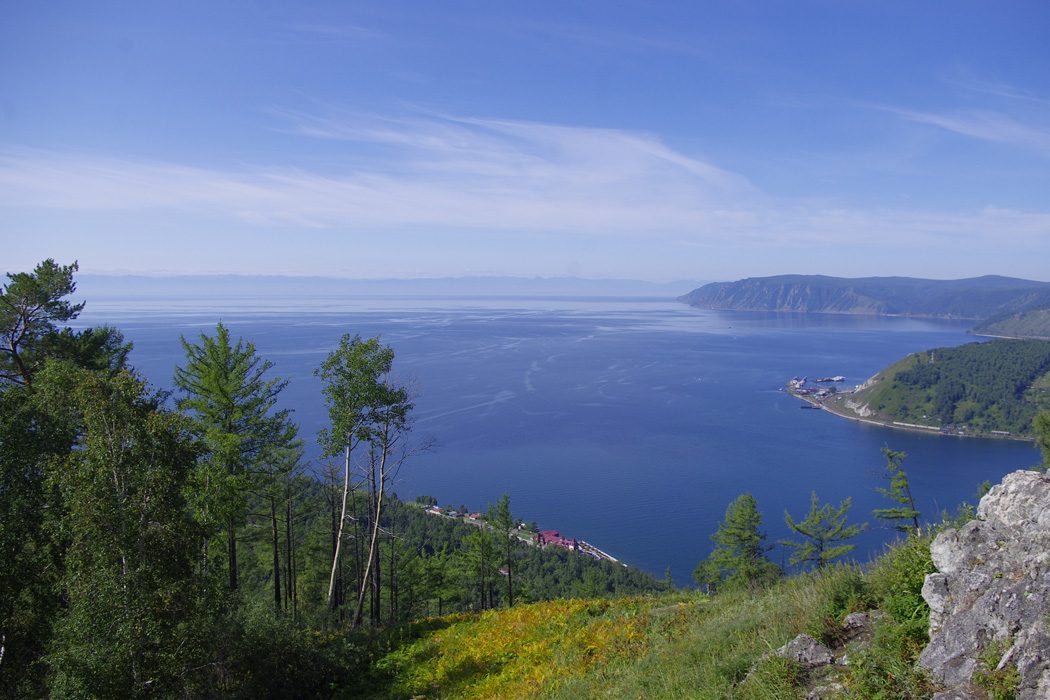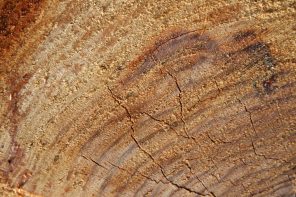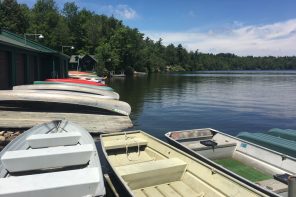A version of this piece was previously published on TCK TOWN in 2017.
Some people say home is where you come from. I disagree. I believe it’s a place you need to find; it’s scattered and you must pick pieces of it up along the way.
Katie Kacvinsky
Last May my cousin got married in Alabama, and it was lovely.
I caught a glimpse of the life I was promised as a child, the lifestyle I was born into, the structure that was taken away from me as I grew up experiencing and loving the deepest corners of the world.
The church ceremony was beyond beautiful. I blubbered my way down the aisle, and through the priests’ words, and along to the goose-bump inducing songs that echoed through my marble and stained glass surroundings. Reaching out to squeeze the hands of my new friends we gushed and cheered as the bride walked toward us, a whole world of change trailing behind her.
The outdoor-backyard reception was trimmed with leafy garland and a small fountain that lightly sprayed droplets as you passed by. We very quickly threw our shoes to the side and ran out onto the dance-floor, smiles glued to our faces as the talented young band played a jazzy variation of classics. I took sloppy pictures with people I don’t know and slurped down handfuls of watermelon, the bright pink juice dripping out the corner of my mouth and staining a perfect line down the front of my dress.
Strangers joked and laughed with me asking if I was the “cousin from Russia,” and why I spoke such good English. I tried to explain my situation to them but quickly gave up and decided to humor their imagined version of my life.
The place didn’t do much for me. No, the place I could live without. Oбойдусь. For it was not the concept of a place, but rather, it was a feeling that caught me and swept me up like a huge rope fishing-net, as I kicked and flopped about, trying to flip back into the water—into the waves of safety; into my world of distance, of short-lived relationships, and semi-emotional detachment. But the net strongly resisted and I quickly learned that flopping around would only tire me, and sure enough, I would, in no time, learn to breathe using my lungs and not some strange self-grown gills.
With each passing encounter, every exchange and occurrence, came more mindlessness; fewer exhausted thoughts and analyses. All of this to say, I was getting used to it, I guess. And yet, every so often I would gulp, finding myself searching for water and getting fed up with this oxygen; hunting for a word in Russian, fearing I would already forget. All in all, these brief moments were as simple and dreaded to me as the unwelcome moment of withdrawal to an addict.
Six days later I went to Siberia.
I’m sure I don’t have to spell out that the contrast between my two summer destinations is the height of paradox. Now, no one has ever explicitly stated the opposite of Alabama. It’s not like hot & cold, left & right, down & up … but if Alabama were to have one, Siberia would most definitely be it.
We flew into Irkutsk, the closest main city to Lake Baikal and one of the largest in the region. Everything about the city felt extremely cozy to me: the slow pace of life, the greenery, the familiar churches, brightly painted historical houses, the dauntingly industrial Soviet mega-buildings, the piles of sunflower-seed shells and saliva left on the ground underneath a squeaky bench.
Dozens of variations of the “typical young family”—wife in high heels, husband carrying her purse for her, and young toddler—slowly strolled past us. Old couples danced in the center of the park, and middle-aged women enjoyed an ice cream treat on each street corner: simple vanilla that never melts in a soggy checkered cup.
The historic city center was paved with outdoor cafes, their summer verandas decorated with billowy curtains and a warm breeze. Young girls walked arm in arm, the way only true Russian friends embrace one another giving a clear sign that they are not engaging in gossip nor chit-chat but in true, unadulterated, discussion—one soul to the other.
Along the road to Baikal, I glanced out my window at hills littered with towering birch trees. The rich Taiga powerfully stared back at me, as if saying, “Just wait until you see what I can do in the winter.” The peeling white bark guided the vast path to the lake in a way so ominous, creating the illusion that I was the only person to ever reach this land.
Lake Baikal is the largest freshwater lake in the world, containing roughly 20% of the world’s unfrozen fresh water. It is also the world’s deepest lake and an important stop along the Trans-Siberian Railway. It has a featured text and picture-spread in every Russian language book, and always pops up in those articles entitled something like “Wonders of the East,” or “Gems of Russia,” or “The Pearl of Siberia”…
As we drove up to our first view of the lake I most definitely wasn’t overwhelmed. While, yes, the waters were exceptionally clear, and I’m sure behind the smogfully gloomy skies you could see how vast it was, the truth is, my reaction was an anticlimactic one.
Old cream colored paint chipped off the concrete walkways. We got out of the car and entered a “village”—just a few wooden домики sprinkled along the main road. Ancient boats rested idle with no life preservers as a pudgy and frowny-faced middle-aged woman unhappily advertised tours around the lake. One rocky dirt road led up a steep hill through the “neighborhood.” Facades of bright green and turquoise and white lacy trim outlined dusty window panes, and lots of dogs barked. Smoke sifted up and off into the distance and over the mountain up ahead. Colorful t-shirts hung out on a line to dry, and old gold-teethed men wearing rubbery/plastic тапочки sold smoked and dried fish—a delicacy of the region.
This was the amazing Lake Baikal we had heard so much about, the Godly natural beauty that had been so marveled over?: a place with zero infrastructure and a mediocre view. And one Porta-Potty for every tourist as there were no toilets in the vicinity. Вот тебе ‘великая страна.’
I wasn’t disappointed by any means, nor am I complaining, I really just do not have much to say about The Pearl of Siberia. Standing in the quiet, staring out into the vastness…I saw a lake and it was nothing to write home about. My breath was definitely still there and I looked out into the scenery as I did the bland roads of Alabama. For it was the feeling; the emotion of the place I enjoyed, not its outward appeal nor aesthetic.
We enjoyed a deliciously delectable lunch of perfectly grilled shashlik and plov and smiled as sales ladies guessed we were туристы из Москвы (tourists from Moscow). We walked along the town to see what else we could find and didn’t talk much. The sun never really came out. We glanced up and down to see what each small home could offer and discovered a giant wooden sign outside of a shack advertising a zoo. We payed a few Rubles to stare at a bear sleeping in a cage the size of my overcrowded closet. It was all so simple and so ironically mundane and I did not feel out of place for any second of it.
At the end of the day, returning back to the small city of Irkutsk with all of its familiarity and nuances of home, all I could think of was how much I loved it there. I loved the way the old buses creaked and squealed as they turned each street corner, and how there was a giant statue of Lenin in the old town square; and how obvious it was to me the delicately peaceful relation the locals had to their lifestyle. I didn’t for a moment think about where I had been a mere seven days ago…and if I did, it was to think about how I was so happy in the moment and didn’t ever want to leave or go back.
In this case, the world’s most common cliché couldn’t be more wrong: for in my world, the grass is most definitely not always greener on the other side. In fact, in the most juvenile way, it is the exact opposite. My being consists of two worlds, and in whatever yard my bare or wool-socked feet are standing, each single blade looks almost neon in the intensity of its greenness. I don’t even want to see what kind of drought they’re having on the other side—lawns with weeds and brown spots, and cracked soil.
For while traipsing through the familiar roads of either Alabama or Siberia, all I can think about is the anomaly of how much I love it there; how much the rest doesn’t matter; and how much I’ll never leave even if the other side reels me back in like an old creaky fishing rod; how maddeningly confusing it all is. I’m so blinded by the green on my side I can’t even see to the fence…and yet…part of me will always miss the other…just not enough.
Photo by W0zny (Creative Commons Attribution-Share Alike 3.0 Unported license).




